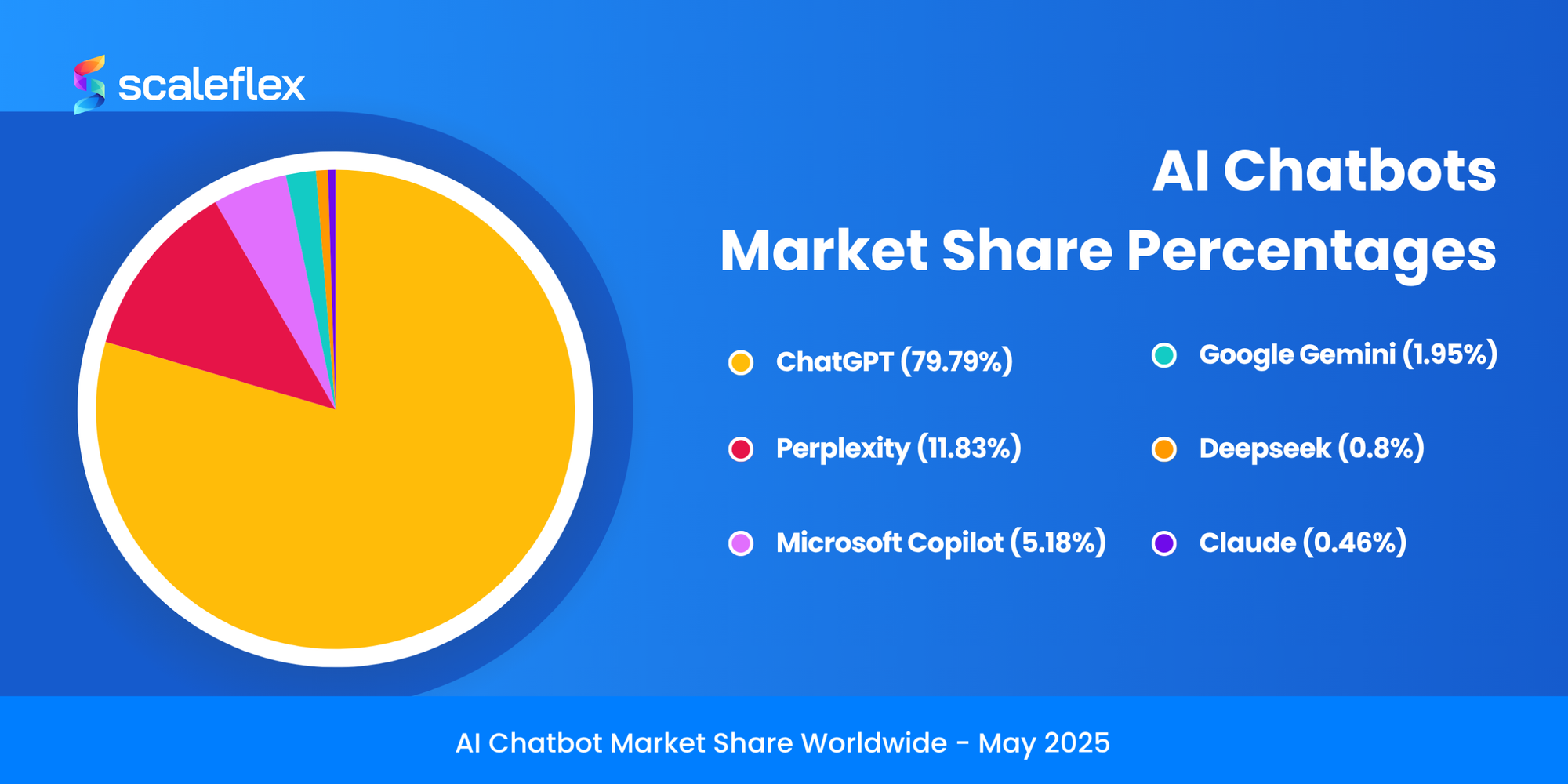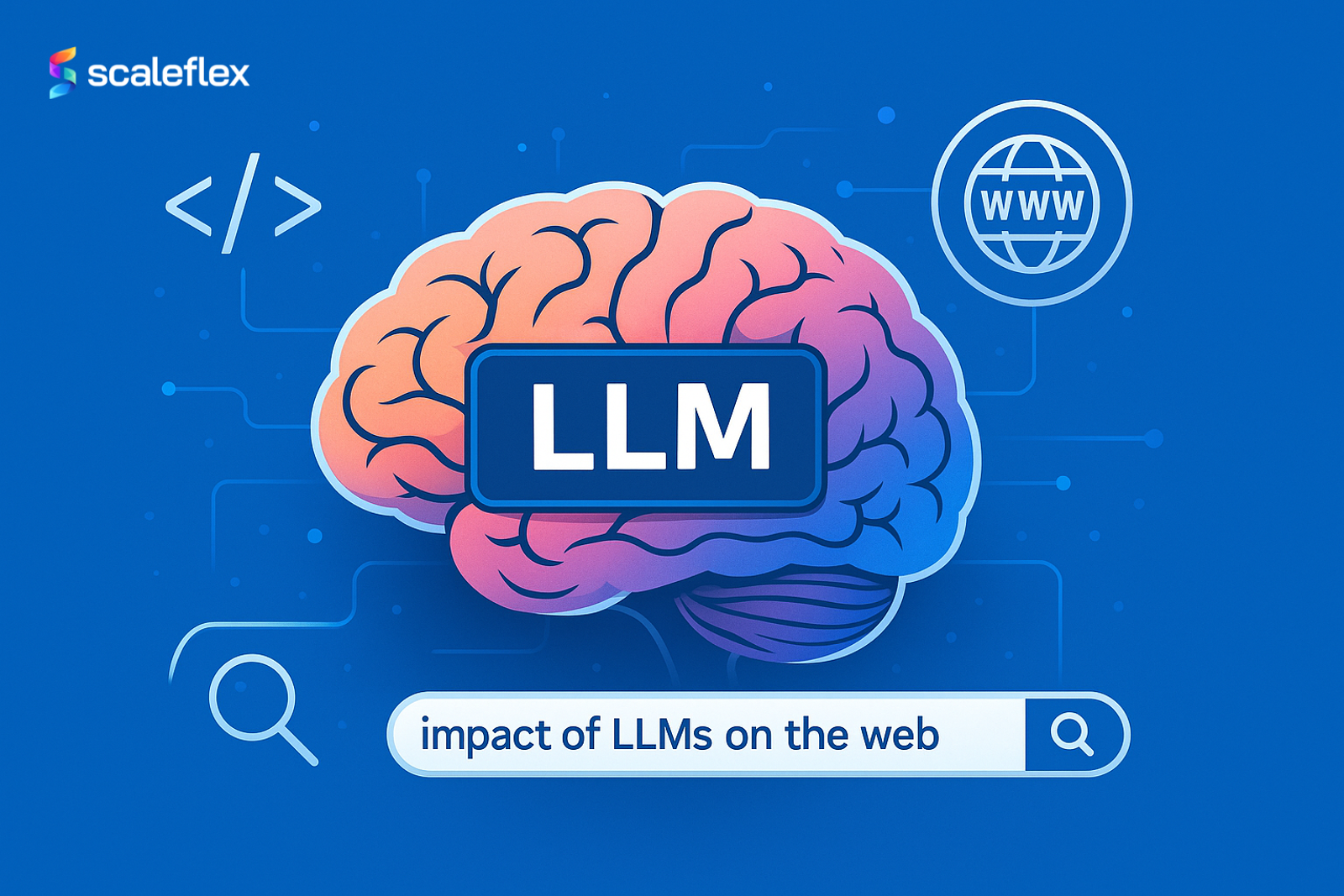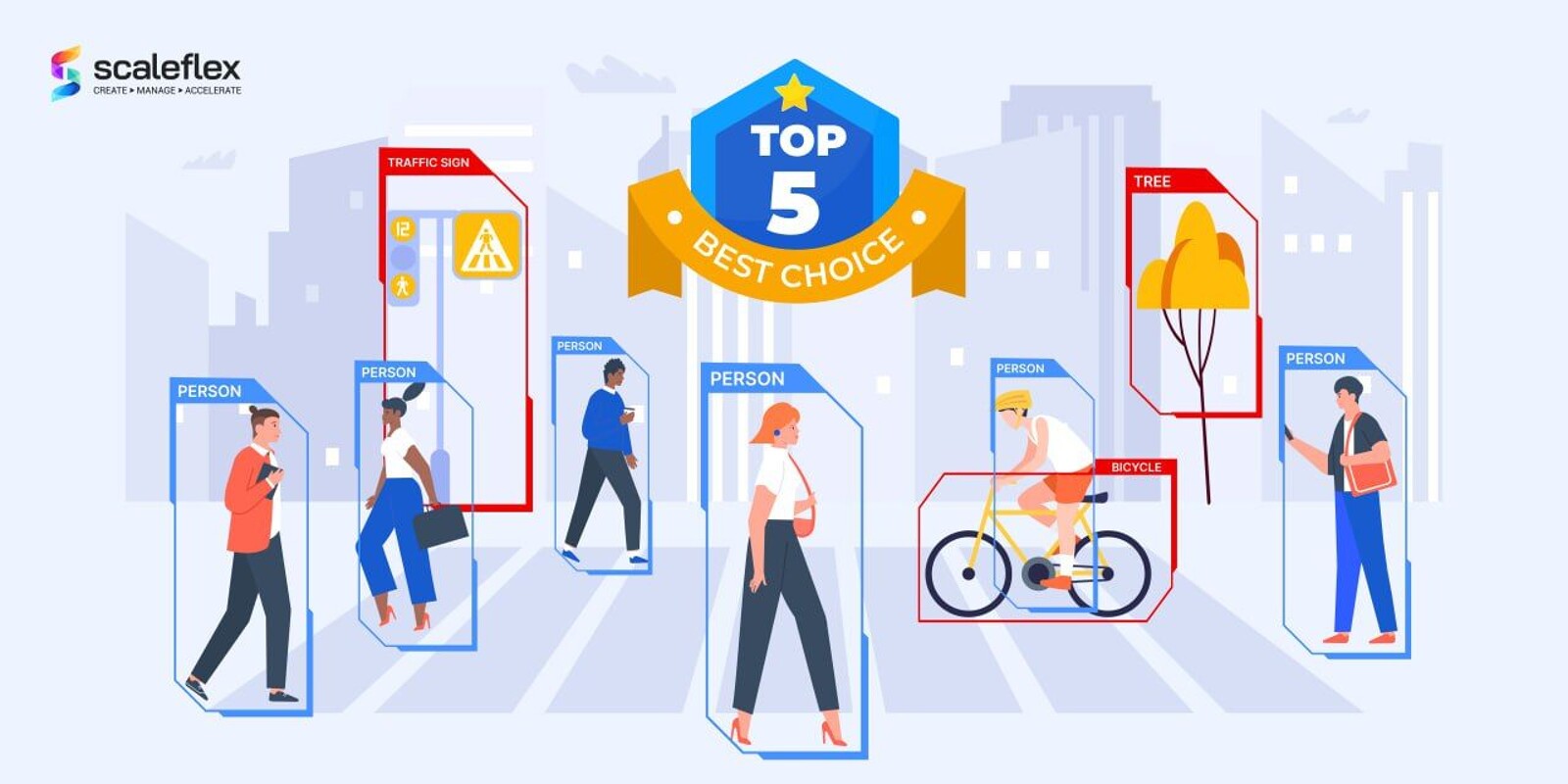Kick It Like Google - Is ChatGPT The New Global (Re)Search Giant?
At the turn of the millennium, Google reshaped how the world accessed information. While it wasn’t the first ever search engine, it was the first that made finding relevant results feel effortless. PageRank technology transformed otherwise static web directories into dynamic, query-responsive ecosystems. Users could type in a few keywords to be then met with ranked blue links - clean, fast and, for that time, magical.
It wasn’t just its technology that made Google dominant, but how quickly it became second nature to use. Eventually, “Google it” became a verb, equal to “search for it” or “look it up”. While the interface rarely changed, behind the scenes its ecosystem grew: ads, SEO, analytics, content strategies. Slowly, search became an industry.
Now, over two decades later, we can see a similar familiar pattern unfolding. People are once again changing the way in which they look for answers. This time, instead of typing into a box, then clicking on a link, they’re having a conversation. The very shift that once put Google on top is now repeating - at its new epicenter, we find ChatGPT.
A new contender: ChatGPT’s rapid ascent
We have seen ChatGPT go from a tech curiosity to a digital staple in record time. It launched to the public in late 2022, quickly amassing millions of users, with minimal marketing. Users went from finding it amusing to genuinely useful for any number of things - writing emails, summarizing articles, debugging code, planning trips… ChatGPT became everyone’s go-to assistant, simplifying tasks that once required broad spreads of websites, searches and apps.
This organic rise reminds us of Google’s early dominance. Similarly, Google won users over by delivering faster, more relevant results than its peers. Comparing ChatGPT and Google’s trajectory, it is now earning loyalty through offering direct, conversational answers that skip the unnecessary noise of ads, pop-ups and SEO-stuffed content.
More striking is not just the overwhelming adoption, but the trend of integration. ChatGPT is now available in every desktop, browser, inside apps, and even built into workflows thanks to APIs. It’s become much more than a chatbot, it’s a new layer sitting on top of the web, filtering, synthesizing, dare we say replacing, conventional search engines.
This shift in user behavior mirrors Google’s rise. The way users search has changed, as they no longer look for links, but for outcomes. As more and more people instinctively go for “ask chatgpt” instead of “google it” it will be the definite signal that we’re facing much more than just a new tool - but a fundamental shift in default behavior.
ChatGPT is, in many ways, doing to traditional search what Google did to directories: flattening steps, removing friction, and redefining the experience of finding information. And this may very well be just the beginning.

What makes ChatGPT search like - and what doesn’t (yet)
At a first glance, ChatGPT has nothing to do with a search engine. There’s no links, no rankings, no blue results, no single word queries. However on a functional level, it’s already replacing search for millions of queries everyday. You can ask it to write a product launch email, best travel destinations in September, or any other number of things, and it will deliver concise, context-aware suggestions every time. It will give much more than mere information, but ready-to-use, practical, personalized answers.
Shifting toward conversation over navigation is what can make ChatGPT feel “search-like”. As it understands nuance, it can handle follow-up questions and adapt to your tone and tasks. It doesn’t need you to think in keywords, sift through clickbait, or obsess over the formulation of your question. It has delivered what, in many ways, traditional search always aimed to be: intuitive, responsive and tailored results.
However, when comparing ChatGPT and Google we find that the first is not without limitations. It lacks live access to the web unless explicitly connected through browsing tools. It can’t direct users to a nearest open pharmacy, nor surface real-time news. The transparency of its sources remains an open challenge, and for a large number of queries, traditional search still has the upper hand.
What’s emerging is not one tool over another, but a brand new definition of search: less about clicking through, more about clarity. Users don’t want endless options, they want concise, personalized outcomes. ChatGPT can deliver that, for the most part!
Another area in which ChatGPT is quickly transforming habits is that of research. Users now no longer comb through multiple articles, flipping through papers and forums. Instead, they simply ask ChatGPT to synthesize information, compare viewpoints or break down complex topics in the plainest possible language. Thanks to its browsing capabilities and plugins, it’s even capable of pulling recent data as well as cite sources, effectively becoming a personalized research assistant. It’s still far from perfect, but the shift is reducing the friction of traditional research workflows, and facilitating the task of marketers, students and documentation workers alike.
This mirrors the change brought about by Google: not just a superior tool, but a radical change in behavior and the understanding of what search is supposed to be like. Like Google once did, ChatGPT is changing user habits, and expectations.
Echoes of the past: the ecosystem building around ChatGPT
It’s important to understand that the reason for Google’s dominance was about more than it being the better search engine. Google built an ecosystem, rendering itself indispensable to publishers, advertisers, developers and users alike. SEO became a fundamental strategy. AdWords, a business model. A whole economy built itself around gaining visibility on Google.
Today, we can see early tell-tale signs of a similar shift with ChatGPT. Developers are building custom GPTs that are tailored to specific needs, ranging from customer support to medical advice. Brands have begun experimenting with “AI-first” content strategies and AI search optimization, no longer optimizing for rankings, but for clarity, structure and model ingestion. Tools like retrieval-augmented generation (RAG) are allowing companies to plug their own content into LLMs, ensuring their data powers the answers.
There’s been growing interest in what we have called AI search optimization. Instead of backlinks, the focus has shifted to being part of the training set, the plugin ecosystem or the content being retrieved during a prompt. The goal, now, is not to appear on search one - it’s to be the answer.
What we’re witnessing is the groundwork for a new content-discovery economy. The prize will no longer be the click, but an AI citation or a reference point. This could reshape everything, from product descriptions to technical documentation.
If we’re to take history as our guide, the platforms that enable others to build on them, and monetize through them, tend to win. Yet another similarity between Google and ChatGPT - they both laid the foundations for new kinds of digital infrastructure.
What this means for digital strategy and content teams
If ChatGPT continues in its current trajectory, the way brands approach visibility will inevitably change. In the Google era, focus was on optimizing content to climb the search ladder. Entire teams were built around keyword research, metadata, backlinks, etc. When answers are promptly generated, not linked, how can you stay discoverable?
Content and marketing teams will face a strategic shift. Visibility will no longer be about showing up first, but about being included, full stop. Structured content, clear language, factual accuracy play bigger roles now, determining if an AI model can “understand” and use your information: AI search optimization will continue to grow and rise as new user habits cement themselves.
SEO as we know it is unlikely to entirely disappear anytime soon. It will, most likely, coexist with a new kind of AI optimization and other search-enabling tools such as Visual AI. Teams will have to face the question: are we training the AI that will answer our customers? Are we present where the queries are being resolved, not just searched?
Conclusion: are we witnessing a new search revolution?
Google redefined how we accessed information, and today, ChatGPT is slowly doing the same, not by competing on links, but through changing entirely what people expect from web navigation. More and more users are turning to conversational interfaces for clarity, context and speed, and the very definition of what “web search” means is being rewritten. Next generation search trends are slowly emerging and establishing themselves in this new paradigm.
It’s a process we’ve seen before: a tool becomes a habit, that becomes a platform, which goes on to reshape an entire industry. ChatGPT’s current rise echoes Google’s early days, only faster, more fluid and more deeply embedded in our workflows.
For digital teams of every kind, the takeaway is crystal clear. We’re entering a new era, where actually being helpful is more important than merely being visible, and where content has to be structured with not only the people in mind, but for the machines that speak back too.
This has nothing to do with one tool replacing another, but merely recognizing that search is, has, evolved, and making sure we keep pace with it.





